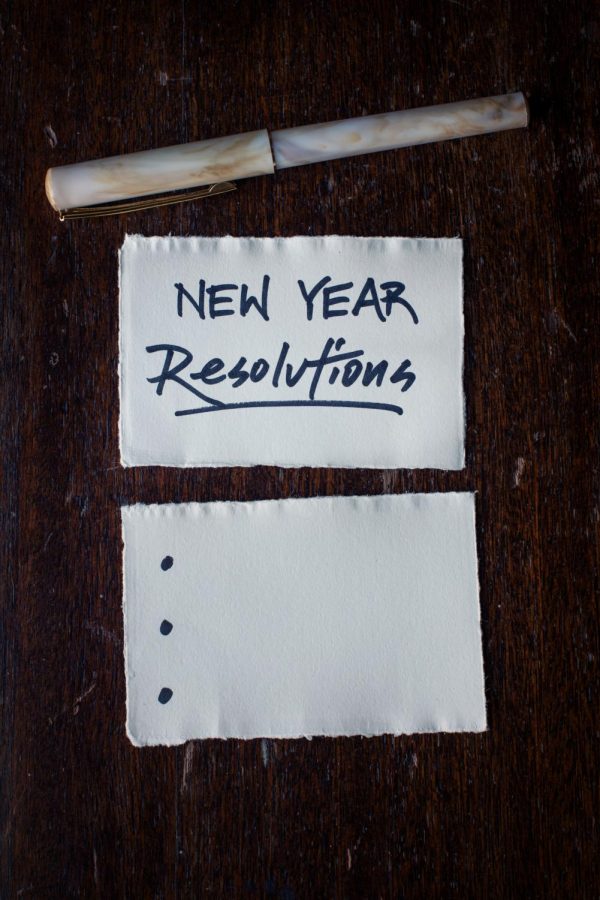Why New Year’s resolutions aren’t effective
February 2, 2021
New year, new me: the phrase that the majority of people attempt to live by at the mark of the new year. Another full orbit of the earth around the sun reals in a fresh start that we all so desire. People who are determined for this fresh start usually establish resolutions to work towards achieving. However, New Year’s resolutions tend to fizzle out for most not long after January.
It takes approximately 66 days for something to become a habit. Those who don’t stick out 66 days of their aspirations fail at achieving their goal, which is 80 percent of people who don’t get past the second week of February. With that being said, who actually still creates New Year’s resolutions these days?
“I stopped making New Year’s resolutions because I never pull through and started making more long term goals for myself that I can work toward overtime,” junior Caroline Seaver said.
To get perspective on where people stand with New Year’s resolutions, a poll was conducted on Instagram. People voted either yes or no whether they still made resolutions or not. With a total of 116 voters, the survey says that 37 percent of them still make resolutions and 63 percent do not. One student voiced her opinion about why the concept of New Year’s resolutions are flawed.
“It’s a set up for failure,” junior Anna DeLorenzi said. “New Year’s resolutions are basically just another way to procrastinate everything you want to accomplish. If you want to start somewhere, start now instead of waiting.”
There are a few reasons why New Year’s resolutions are “a set up for failure”. One reason is that your resolution is too broad and not specific enough. When someone has set a goal that’s detailed and distinct, it’s more likely that they will pursue it. When a resolution is too broad, it can seem overwhelming and less motivating. For example, “lose weight” is a good example because it’s too much of an umbrella term. Instead, try “lose 10 pounds by this month”. Also, a resolution is something that you have to truly want. Being ambitious towards a certain goal requires putting in the work, and some people can be overconfident when setting a goal. Change is a good thing, yet some people aren’t ready to change. Not to mention that waiting for January 1st to get into good habits is not the way to live. Pushing things off for the future creates bad habits. Who’s to say that you won’t just have the same mentality when January comes around?
This tradition that many people attempt to master is actually a curse in disguise. New Year’s resolutions have the tendency to lead people astray and lower their motivational drive when things don’t go as planned. It’s easy to want to better oneself, yet it’s difficult to completely follow through. While it’s great to set goals, implementing changes for the better is not something that should be done once a year. It’s time to ditch our old ways and start bettering ourselves today.


